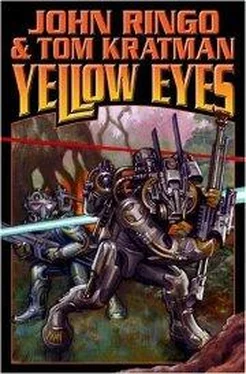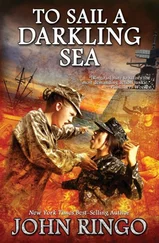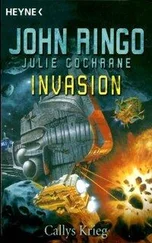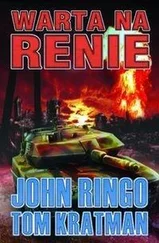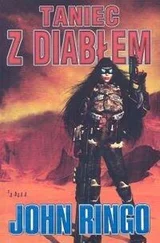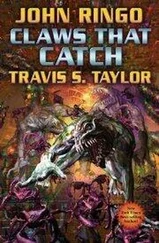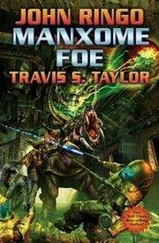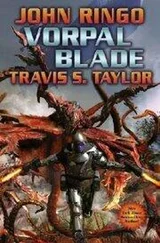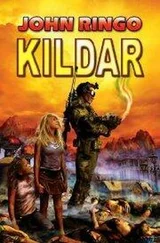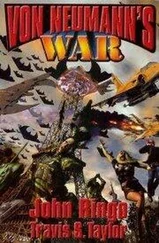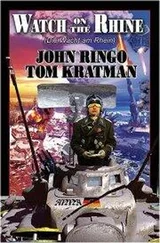State hesitated, afraid to offend the general, before continuing, “Most of the blacks in Latin America outside of Brazil and the Caribbean coast could trace ancestors who came through Panama as slaves.”
The President raised an uplifted palm and gestured beckoningly with his fingers, twice: Come on? And?
State continued, “The treasure attracted pirates, mostly English speaking and always under English command. Most famous among these: Sir Francis Drake and Sir Henry Morgan, heroes in the Anglosphere but devils incarnate to Panama. Portobello and Panama City were attacked several times. Both were sacked, with everything that a sack means: rape, robbery, arson, torture, murder. It is my impression of the Panamanians that even they are not aware how deeply those long ago events scarred, and continue to scar, their collective psyche. They retain a trace of xenophobia today that is really remarkable in such a generally cosmopolitan and amiable people.”
State made a slight slashing motion with her right hand.
“Moving forward a few centuries, Panama became part of Colombia as the Spanish Empire broke up. Yet they never really thought of themselves as Colombians but as Panamanians; different, with different values and interests. While Colombia found its livelihood in mining and farming, Panama always knew that its unique position — the isthmus, again — bound it to commerce. When Colombia was wracked by civil war between liberals and conservatives, late in the nineteenth century, the fighting spread to Panama readily. While the liberals were crushed in Colombia itself, in Panama they won. The general was wrong about the last time the Panamanians won a fight.”
The general shrugged, eh?
“In any case, a Colombian expeditionary force was en route to crush the rebellion when we intervened. The details of our intervention, while amusing, are not very important. Suffice to say that we did intervene, that at our urging Panama did declare its independence, and that as an implicit condition of our recognition and protection they agreed to cede us the Canal Zone.”
State’s face took on a disgusted look. “Mr. President, there’s no other word for it, we gave them the shaft . The treaty between us was so patently unfair to Panama that even our own Senate initially was inclined to reject it.
“In any case, we ratified it because it did, at least, give us rights to build the Canal… and because no one actually suggested a fairer deal. The Panamanians accepted it, with profound reservations — disgust, really — because we had them over a barrel and they saw no choice.”
State shook her head with regret. “I am often amazed by how often in the history of the world a long-term problem could have been headed off before it arose with just a little application of even a minimal generosity. Except for the Versailles treaty there is perhaps no clearer example than the original Panama Canal treaty. Because of it the Panamanians could never be content, part of which is because of that streak of xenophobia they learned from the English pirates. Because of it we never felt quite right with upholding and defending the terms of the treaty; that’s how unfair it was. We renegotiated it several times to be more fair to Panama, but no amount of, mostly symbolic, fairness could wipe out the original insult until we agreed to leave, as we did in 1977.”
The general harrumphed. “We should have just kept it and to hell with Panama.”
This time it was State who shrugged, eh?
“Now, we’re almost gone from there,” she concluded.
“What’s left?” the President queried.
Taylor answered, “We had one airborne infantry battalion we converted to an Armored Combat Suit unit before we sent it off-world. I’ve already ordered them home; they should fit right in with no real problem, though that battalion had a hard time of it and will have to be rebuilt. There’s one company of Special Forces which had mostly been operating the counter-drug mission further south. There is also a small support package for the Green Beanies. We’ve stopped all but minimal maintenance of the facilities we do retain. We couldn’t even put up the troops’ families since most of the dependent housing has been sold to Panamanian government functionaries and their connections at pennies on the dollar. This is also true of the civilian housing for the people who run the Canal. We’re really starting from less than scratch, Mr. President; even most of the usable, drained land has been taken.”
The President sat quietly for a few moments, elbows on desk and cupped hands around his mouth and nose, thinking and digesting. At length he asked, “What’s it going to cost?”
The general answered slowly and deliberately, “We’re not sure, still working on it. We think, though, that between supporting a division of our own troops, plus some naval support; raising, equipping and training better than three hundred thousand Panamanians; rebuilding our infrastructure and putting up some solid fixed defenses… well, something like one-hundred and seventy billion dollars, spread over seven or eight years.”
The President sighed. “That’s not small change.”
Taylor answered, his face growing very serious, “No, Mr. President, it isn’t.”
“What’s that old saying, General? ‘It takes millions to win a war; to lose one, it takes all you’ve got.’ Continue your planning; assume we are going to do it. I’ll chat with Panama about what they need to do if they want to survive.”
“And if they won’t go along, Mr. President?” State asked.
“They will,” the President answered simply.
Palacio de las Garzas, Presidential Palace,
Panama City, Panama
The American ambassador thought, and not for the first time, that the private office of the President of the Republic was simply… tacky. Too much gilt, too many ugly paintings. Blech.
But he was not here to comment on tastes. The ambassador had come to the president’s office to deliver an ultimatum. He had delivered it, and with each demand the president’s face had grown more set.
Short and round, well-fed and greasy looking, Presidente de la Republica Guillermo Mercedes-Mendoza listened to the United States ambassador with an outward appearance of serenity. Inwardly, however, he seethed.
Goddamned gringos.
The ambassador from the United States was polite, of course, but he was also firm: Panama could either cooperate with the U.S. or they could see the Canal Zone reoccupied and much expanded. Indeed, in that case they could expect fully half the population of the Republic to fall under direct U.S. control.
“So, you are giving us that much choice, are you?” queried Mercedes.
Regretfully, the ambassador answered, “ We don’t have any choice, Señor Presidente. It is a matter of life and death for us… for you, too, for that matter. Together, we have a chance to live. Separately, we can only die. I am sorry, from my heart I am sorry, but there is no choice.”
Mercedes let the false serenity escape from his face and scowled at the ambassador, who thought, I can hardly blame the man, being handed an ultimatum like this. What patriot could stomach it?
But it wasn’t patriotism that brought the scowl to Mercedes’ face. Instead he thought, Just what I need, twenty or thirty thousand gringos here, sniffing into everything, setting an example of — at least, relative — incorruptibility, upsetting my Colombian business “associates,” and, worst of all, making us institute conscription, thereby raising up the masses and putting down the good families. I can’t possibly officer the kind of army they say we must raise and they will pay for, without letting all kinds of peasants into positions of authority.
Читать дальше
